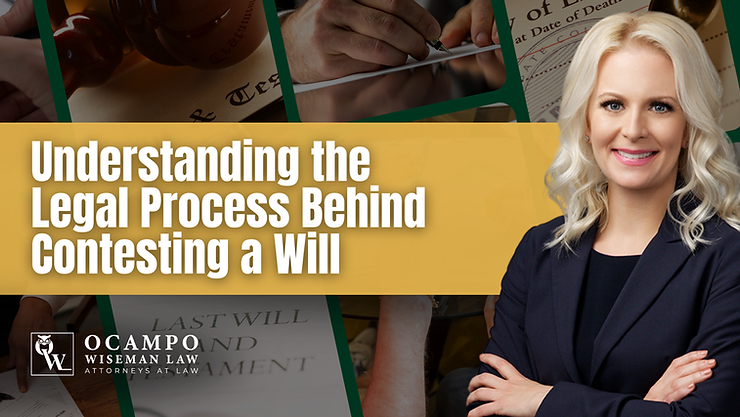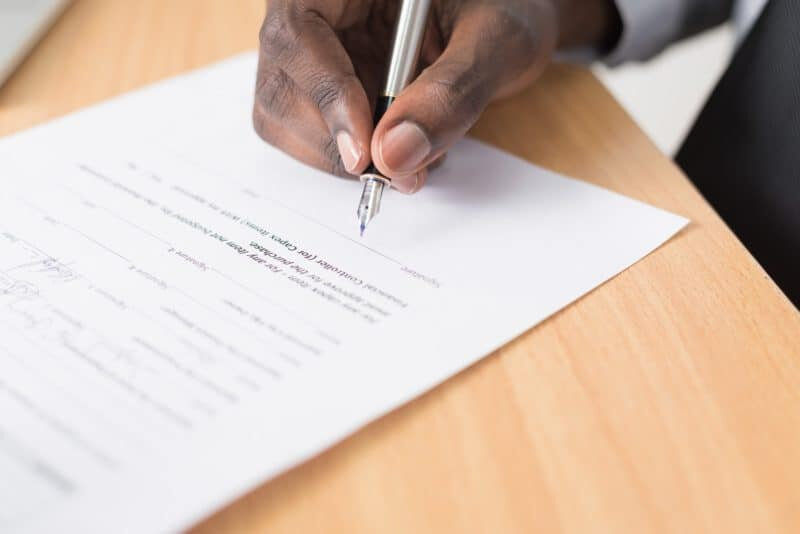Forgery? Undue influence? Lack of mental capacity?
If you believe a will is invalid, you may have legal grounds to contest it in Nevada probate court. But challenging a will isn't simple. It requires legal standing, compelling evidence, and strict adherence to court procedures.
This guide breaks down the essential steps: from examining handwriting and interviewing witnesses to working with a probate attorney and gathering medical records. Understanding the process early can help you protect your inheritance rights and increase your chances of a successful challenge.
This blog post will walk you through the necessary actions to improve your chances of a successful challenge.
Step 1: Examine Handwriting Samples
One of the first steps in contesting a will is to scrutinize the handwriting on the document. To verify if the signature on the will is genuine, it’s essential to compare it with known handwriting samples from the deceased.
Identifying discrepancies can raise red flags, such as the possibility of forgery. It's often best to hire a professional handwriting expert to conduct this analysis for an impartial evaluation.
Gathering handwriting samples can involve locating letters, personal notes, or documents that the decedent had previously signed. Additionally, individuals familiar with the decedent’s handwriting can offer valuable testimony to support your claim.
Step 2: Interview the Witnesses
Wills usually require witnesses to be present during the signing process. Reaching out to and interviewing these witnesses is a crucial step in verifying the validity of the will.
Your goal should be to confirm that these individuals were indeed present during the signing and that their accounts are consistent.
Witnesses can provide critical information about the circumstances under which the will was signed. They may offer insight into whether the deceased was of sound mind and acted without undue influence during the signing process.
Step 3: Validate the Notary’s Role
Next, it’s important to verify the role of the notary who notarized the will. Notaries are required to maintain records in a notary book, which includes signatures and dates of notarizations.
Reviewing these records can confirm whether the notary was involved in the signing and whether the proper legal procedures were followed.
Speaking with the notary can also help clarify details about the signing process, ensuring that all necessary parties were present and that no procedural errors occurred.
Gather Additional Evidence and Seek Legal Guidance
In some cases, additional evidence may be necessary to strengthen your will contest. Medical records can help establish whether the deceased had the mental capacity to create a valid will, while financial documents might raise questions about the deceased’s intentions.
Any evidence that casts doubt on the legitimacy of the will can be useful.
Throughout the contesting process, it’s essential to work with an estate attorney who specializes in will disputes. Legal experts can navigate the complexities of the process, ensure that all evidence is properly gathered, and present your case effectively.
Conclusion
Challenging a will requires a detailed approach and persistence. By examining handwriting, interviewing witnesses and notaries, and gathering comprehensive evidence, you can build a strong case to contest a will’s validity.
Following these steps will enhance your chances of a successful challenge.






